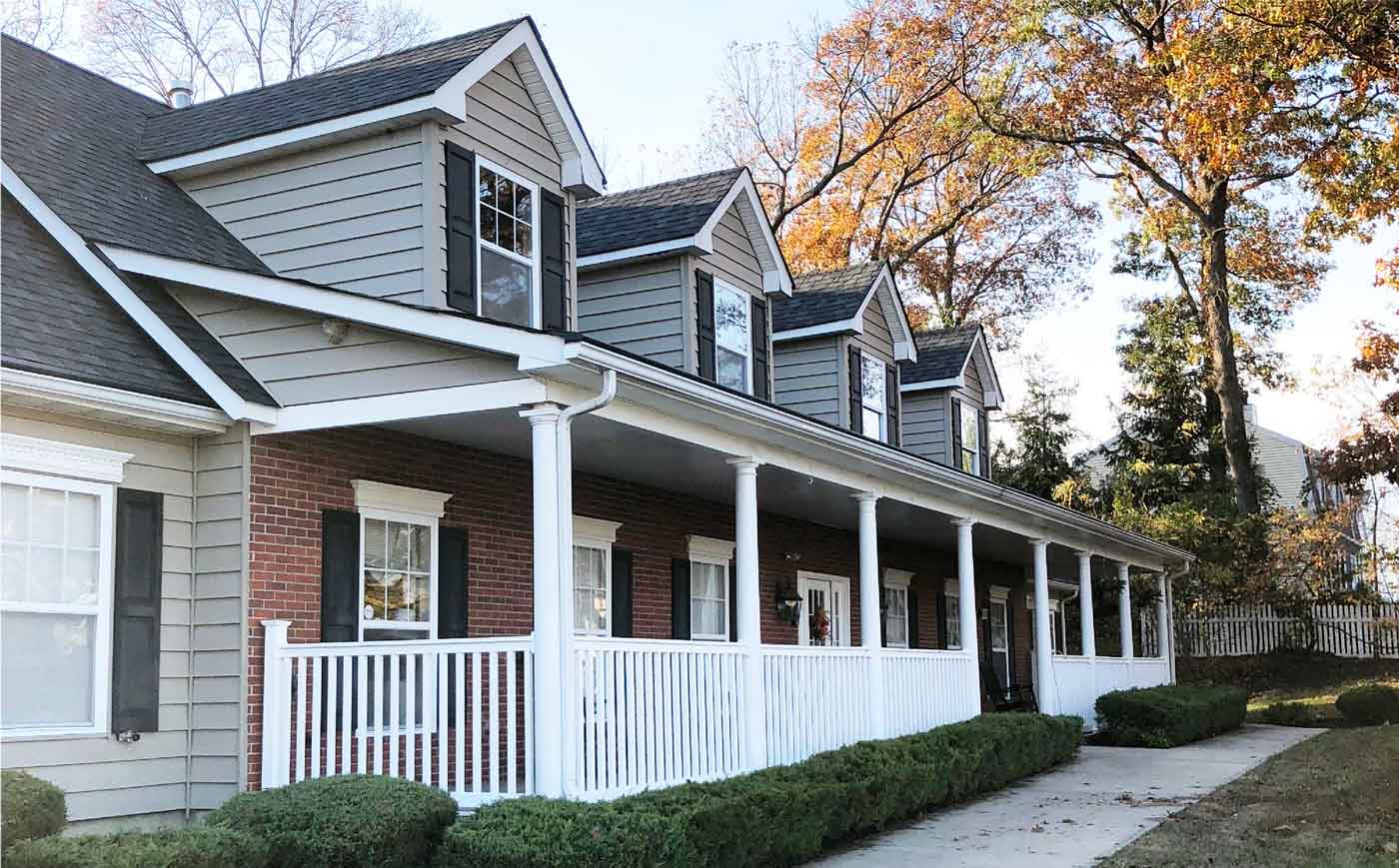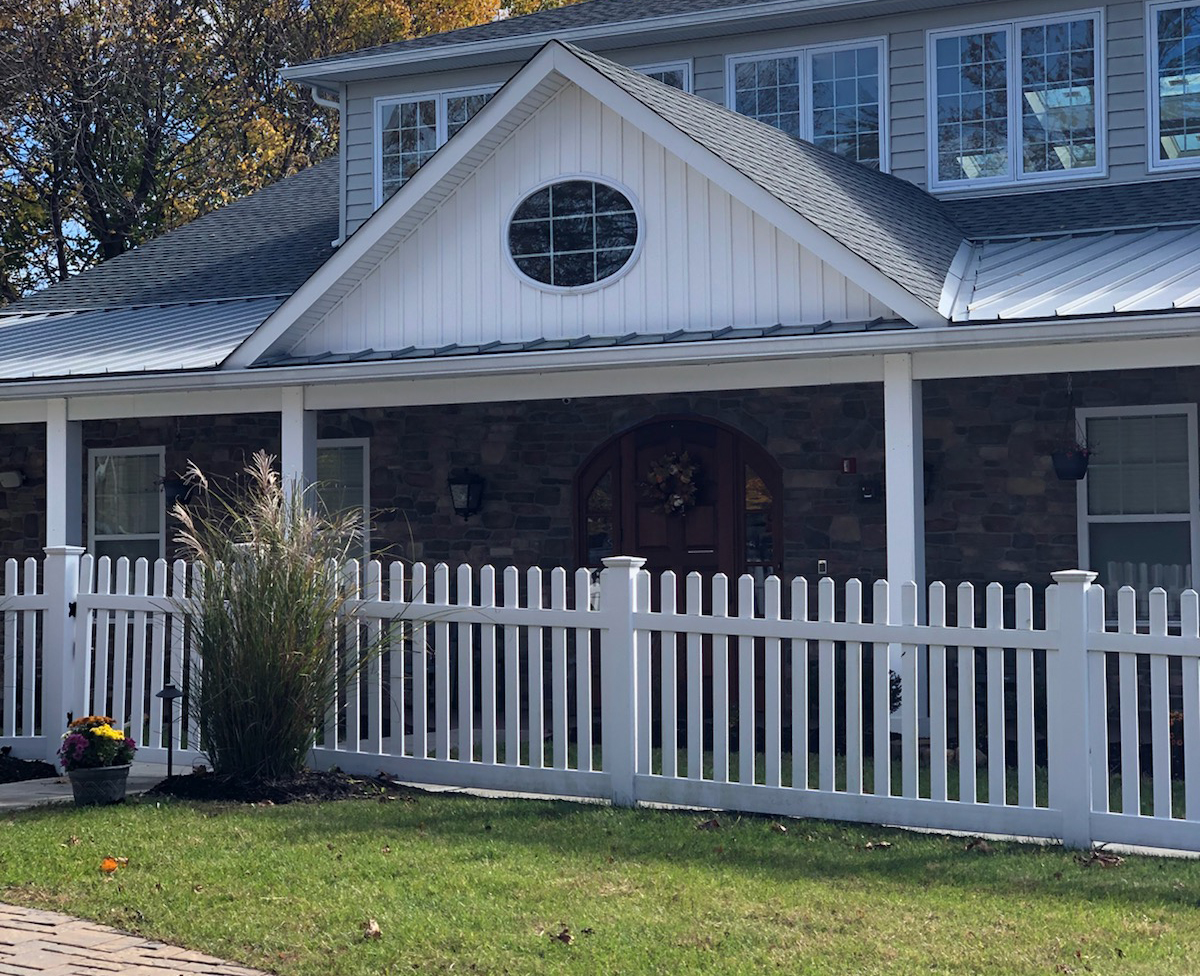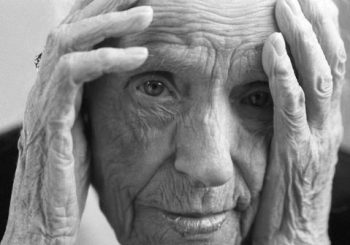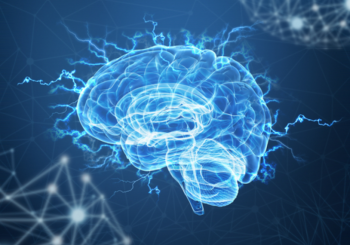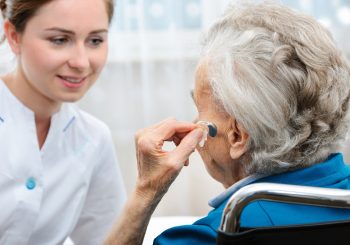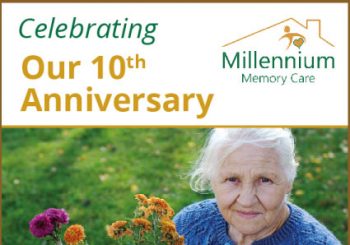
Mahwah, NJ November 16, 2023 — Millennium Memory Care (MMC), a leading provider of specialized memory care services, is thrilled to announce its 10th anniversary. For the past decade, the company has been dedicated to enhancing the lives of individuals with memory-related challenges and their families. Founded in 2013, MMC has emerged as a beacon of excellence in the field of memory care. Specializing in behavioral memory care and providing a home-like environment, personalized care, and inno...
Read More
Read More

